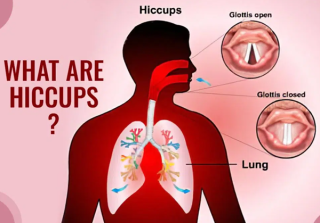What are the symptoms of PCOS?created at Oct 08, 2009 1,297 1,297 Understanding the Symptoms of Polycystic Ovary Syndrome (PCOS)Polycystic Ovary Syndrome (PCOS) is a hormonal disorder common among women of reproductive age.Its symptoms can vary significantly from person to person, |
Natural Ways to Boost Low FSH Levels in Mencreated at Oct 08, 2009 1,408 1,408 If you're concerned about low follicle-stimulating hormone (FSH) levels, |
Navigating Clinical Trial Decisions for Head and Neck Cancer Treatmentcreated at May 09, 2009 1,295 1,295 Clinical trial decisions for head and neck cancer treatment depend on several factors, |
Understanding Hiccups: Unraveling the Mystery Behind the Spasmscreated at May 03, 2009 1,444 1,444 Hiccups, |
Are there any acne treatments specifically for people with dark skin? Are there any treatments specifically harmful to dark skin?created at May 03, 2009 1,244 1,244 While there aren't acne treatments *specifically formulated* for dark skin, |

